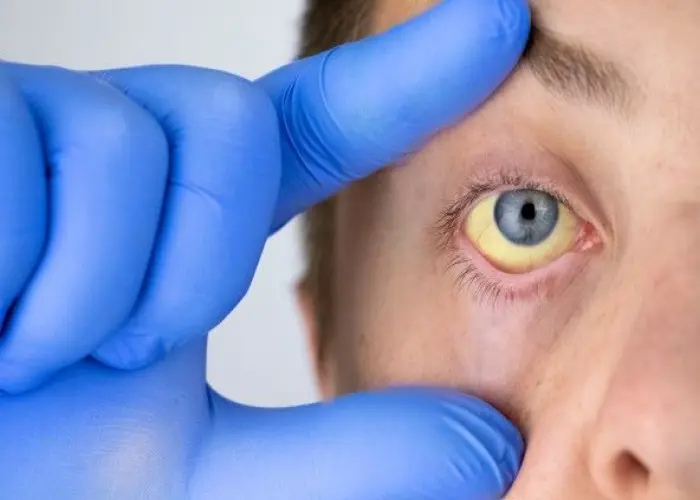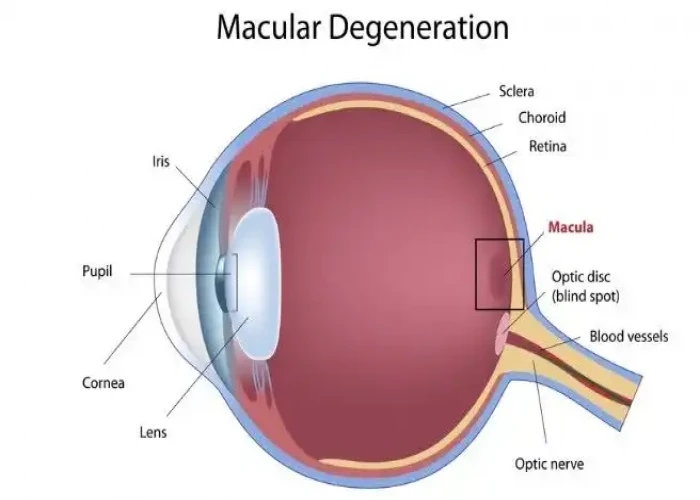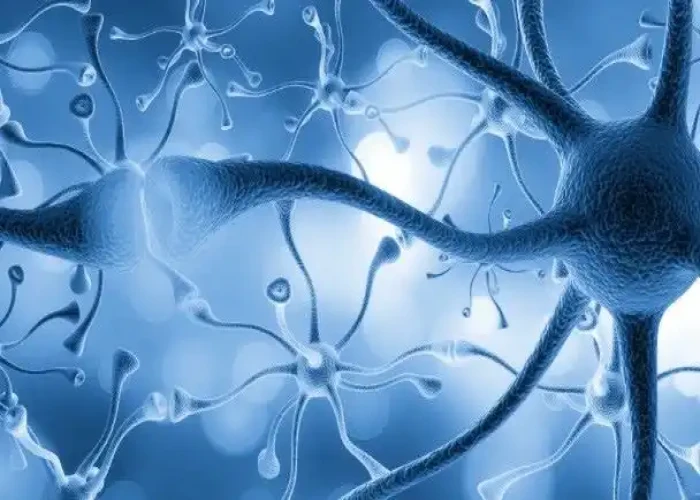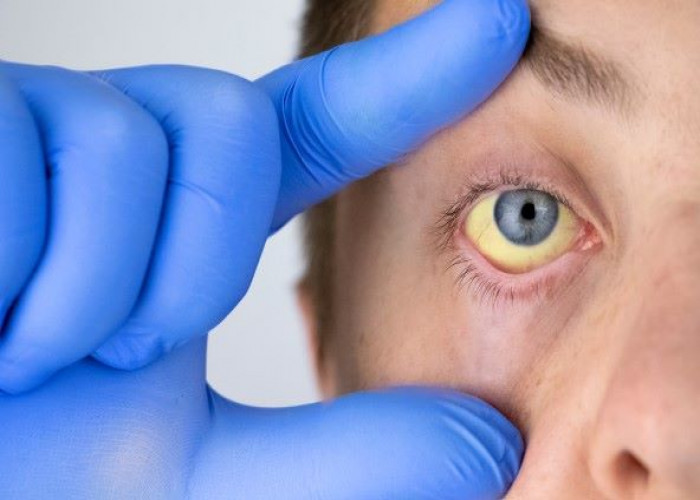 Welcome
Welcome
“May all be happy, may all be healed, may all be at peace and may no one ever suffer."
Gilbert's syndrome

Gilbert's syndrome is a genetic condition that affects how the liver processes bilirubin, a waste product from the breakdown of red blood cells. In people with Gilbert's syndrome, the liver does not process bilirubin efficiently, leading to a buildup of the substance in the blood.
Gilbert's syndrome is usually harmless and does not cause symptoms, but some people may experience episodes of jaundice, a yellowing of the skin, and whites of the eyes. This can occur in response to fasting, dehydration, or stress. The episodes of jaundice are usually mild and self-limited and may resolve on their own.
Gilbert's syndrome is usually diagnosed based on a blood test that shows high levels of unconjugated bilirubin, a type of bilirubin that has not been processed by the liver. The condition is usually managed with lifestyle modifications, such as eating a well-balanced diet and avoiding triggers that can cause jaundice.
In most cases, Gilbert's syndrome does not require treatment, and people with the condition can lead normal healthy lives. However, it is important to inform your doctor if you have Gilbert's syndrome, as it can affect the interpretation of certain blood tests and may require special precautions before undergoing certain medical procedures.
Research Papers
Disease Signs and Symptoms
- Dehydration
- Stress
- Lack of sleep (Sleep apnea)
Disease Causes
Gilbert's syndrome
An abnormal gene you inherit from your parents causes Gilbert's syndrome. The gene normally controls an enzyme that helps break down bilirubin in your liver. When you have an ineffective gene, your blood contains excess amounts of bilirubin because your body doesn't produce enough of the enzyme.
How the body normally processes bilirubin
Bilirubin is a yellowish pigment made when your body breaks down old red blood cells. Bilirubin travels through your bloodstream to the liver, where the enzyme breaks down the pigment and removes it from the bloodstream.
The bilirubin passes from the liver into the intestines with bile. It's then excreted in stool. A small amount of bilirubin remains in the blood.
How the abnormal gene is passed through families
The abnormal gene that causes Gilbert's syndrome is common. Many people carry one copy of this gene. In most cases, two abnormal copies are needed to cause Gilbert's syndrome.
Disease Prevents
Disease Treatments
Gilbert's syndrome doesn't require treatment. The bilirubin levels in your blood may fluctuate over time, and you may occasionally have jaundice, which usually resolves on its own with no ill effects.
Disease Diagnoses
Disease Allopathic Generics
Disease Ayurvedic Generics
Disease Homeopathic Generics
Disease yoga
Gilbert's syndrome and Learn More about Diseases

Nail fungus

Hearing loss

Pulmonary atresia

Wet macular degeneration

Jet lag disorder

Pyloric stenosis

Patellofemoral pain syndrome

Vasovagal syncope
gilbert's syndrome, গিলবার্ট সিন্ড্রোম
To be happy, beautiful, healthy, wealthy, hale and long-lived stay with DM3S.
